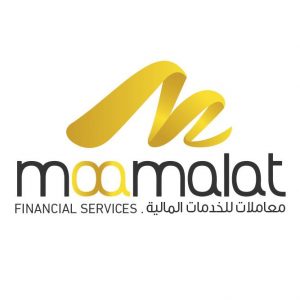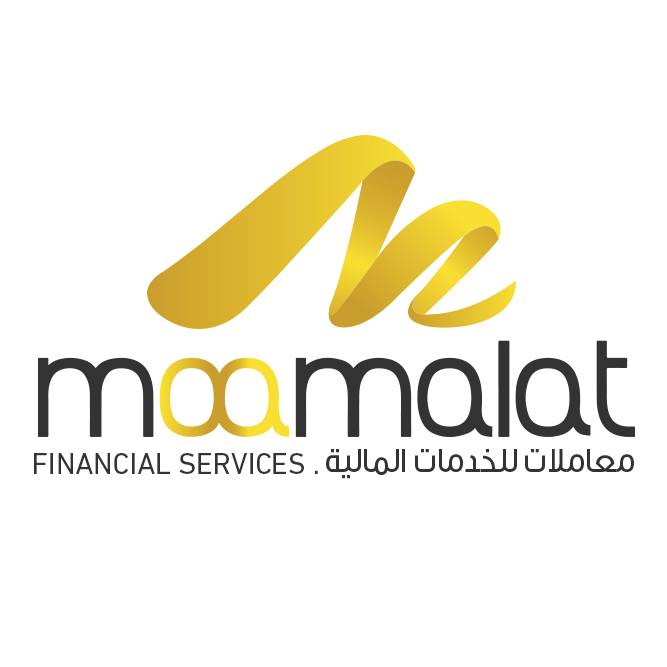By Sami Zaptia.

London, 5 July 2016:
Further to Libya Herald’s article of 29th June on the turnover and number of Point of Sale (POS) cards and machines issued by Libyan banks since January this year, the Libyan POS card processing company has pointed out that the figures provided by the Audit Bureau were incomplete.
Libya’s Audit Bureau had revealed that just under 30,000 POS cards had been issued by 5 state banks between January and May 2016. In this period, the POS cards had been used to buy goods or services worth just under LD 5 million. The Audit Bureau had failed to report on the number of POS machines installed.
However, speaking exclusively to Libya Herald, Mohamed Hola, Commercial Manager of the state-owned Moamalat Financial Services Company, explained that the figures given by the Audit Bureau were not up to date. The state-owned Moamalat is the only POS processing company in Libya. Hola explained that it had been originally formed as a money exchange company under its original name Sarafa in 1999.
However, it only began to expand its operations after 2003 as part of the reform of the Libyan financial sector carried out in cooperation with the World Bank. The reforms had included five core banking services such as Real Time Gross Settlement (RTGS), Automated Clearing House (ACH), Automated Cheque Processing (ACP) and National Switch (NS), he explained.
Moamalat is owned by five Libyan banks, Jumhouria, Sahary, NCB, Wahda, Libyan Foreign Bank and the Libyan Arab Foreign Investment Company (LAFICO). For the banks’ ATM machines, the various Libyan banks had decided to run their own separate operations. However, when it came to POS processing, Hola explained that the banks decided to have one joint and unified processing centre.
This reduces the cost of every bank having to have its own POS machines and processing centre. It also reduces the different number of POS machines merchants have to install and reduces confusion and provides convenience for both merchants and customers, Hola added. He noted when travelling to Europe how some shops were forced to have three or four different POS machines for different banks on their counters.
Hola said that the first POS transaction in Libya was carried out on 1st May 2009. The local POS card was called ‘’Numu’’ or growth. The Moamalat processing centre, based in Siyahia, Tripoli, and the Numu card transactions are all carried out in Libyan dinars, he explained. This is much more convenient and provides a saving for customers, in contrast to some other services being offered by Visa and Mastercard which were transacted in hard currency, he added.
Local banks charge between LD 10 to 15 per POS card with a transaction fee of LD 0.50 for cash withdrawals. And although POS machines cost upwards of Euro 400 each, they are provided to Libyan merchants for free, he stressed. Another advantage Moamalet offers is that it prints the POS cards locally, allowing it to personalize them for the different issuing Libyan banks.
The shareholders get about 23 percent of Moamalat’s earning, Hola revealed. Nevertheless, since the launch of Libyan POS services in 2009, the Libyan market had rejected the service. ‘‘Libya is a society where cash is king’’, he said.
It is only after the 2011 (Arab Spring) Libyan revolution that deposed Qaddafi that Libyan issued POS cards came to prominence. The financial crises and ensuing cash shortage crises has pushed the POS cards into the frontline. Both the Audit Bureau and the Central Bank of Libya, in conjunction with Moamalat, have been pushing POS services in an effort to solve the cash shortage crises.
‘’In our first wave we concentrated on marketing POS machines to food retailers, chemists and clinics’’, Hola said. He revealed that food retailers provide the highest turnover through POS cards.
It was not easy as many Libyans were still unconvinced, still preferring the certainty of cash, he explained. They had to be reassured. ‘’Merchants have their takings credited into their accounts day by day except for the weekend’’, Hola confirmed.
The Moamalat Commercial Manager confirmed that the five operating banks have issued 438 POS machines to date. However, turnover had leaped sharply since the January to May five million dinars turnover reported by the Audit Bureau.
Looking at his computer screen and shuffling his papers in front of him, Hola revealed that average daily POS sales were now around LD 600,000 per day. In the 30 days of June alone, POS transactions were around LD 6 million – more than the whole of the first five months of 2016. There were now over 550, 000 POS cards issued, he confirmed.
Demand for POS machines is now rocketing, he revealed. Demand outside Tripoli was also soaring as the cash shortage crises hits hard. Regional requests for POS machines are now being prioritized. He had only recently returned from Beida in the east where he had personally delivered 17 new POS machines, he revealed.
He was now in urgent need of 400 new POS machines and is awaiting the CBL to process Moamalat’s letter of credit to import a further 2,000 new machines, he added.
Moamalat has come in for some criticism from the private sector, however. Speaking to a businessman who preferred to remain anonymous, he criticised the state-owned company for being monopolistic. The criticism was that the CBL, which is the regulator of the Libyan financial sector, would not licence the private sector to set up its own processing centre within Libya for its own POS machines and POS cards.
The businessman also questioned the efficiency and effectiveness of the state-sector POS transactions company. He felt that there would have been more POS machines installed and POS cards issued and more turnover achieved even earlier had the sector been opened up to the competition of the private sector. The businessman said that the state-owned Moamalat was acting as a bottleneck to the expansion of POS services in Libya. Competition is always better all round, he insisted.
As an example, he estimates that Moamalat, prior to 2016 and since its establishment in 1994, had only ever installed about 50 POS machines.
Hola refuted the monopolistic accusation made by the private sector. Whilst noting that financial sector regulation was outside his or his company’s remit and was the domain of the CBL, he nevertheless revealed that very soon Moamalat was going to be opened up for private ownership, with 30 percent of the company being offered for sale.
With regards to the rollout and take up of POS services, Hola again referred to the Libyan people’s love of cash.
When pushed, he speculated that the bank owners of Moamalat may have issues with providing direct access to the private sector to their bank clients and their accounts as well as issues with data protection.
It is worth underlining to what extent Libya is still a cash-based society. It is only the cash shortage that has precipitated after the 2011 revolution, peaking in 2016, that banks have resorted to issuing POS, debit and ATM cards.
The use of POS cards has been identified by the Central Bank of Libya (CBL) and the Audit Bureau (AB) as one of the solutions to solve Libya’s current cash shortage crises. The CBL/AB have spearheaded a joint and concerted drive to rollout the use of POS at Libyan retailers.
In parallel, the CBL has also been printing new money which it has injected into the banking system. In June alone the CBL had reported that it had introduced LD 1.6 billion worth of newly printed money.
Libya’s cash shortage crisis is caused by a combination of decreased state revenues caused by decreased oil revenues due to both lower oil production and a crash in international crude oil prices, as well as the political instability.
The political instability, increased kidnappings and insecurity have led to a loss of confidence by Libyans in the political and hence the economic situation in the country and has led to people choosing to hoard their cash at home rather than depositing it in their bank accounts.









